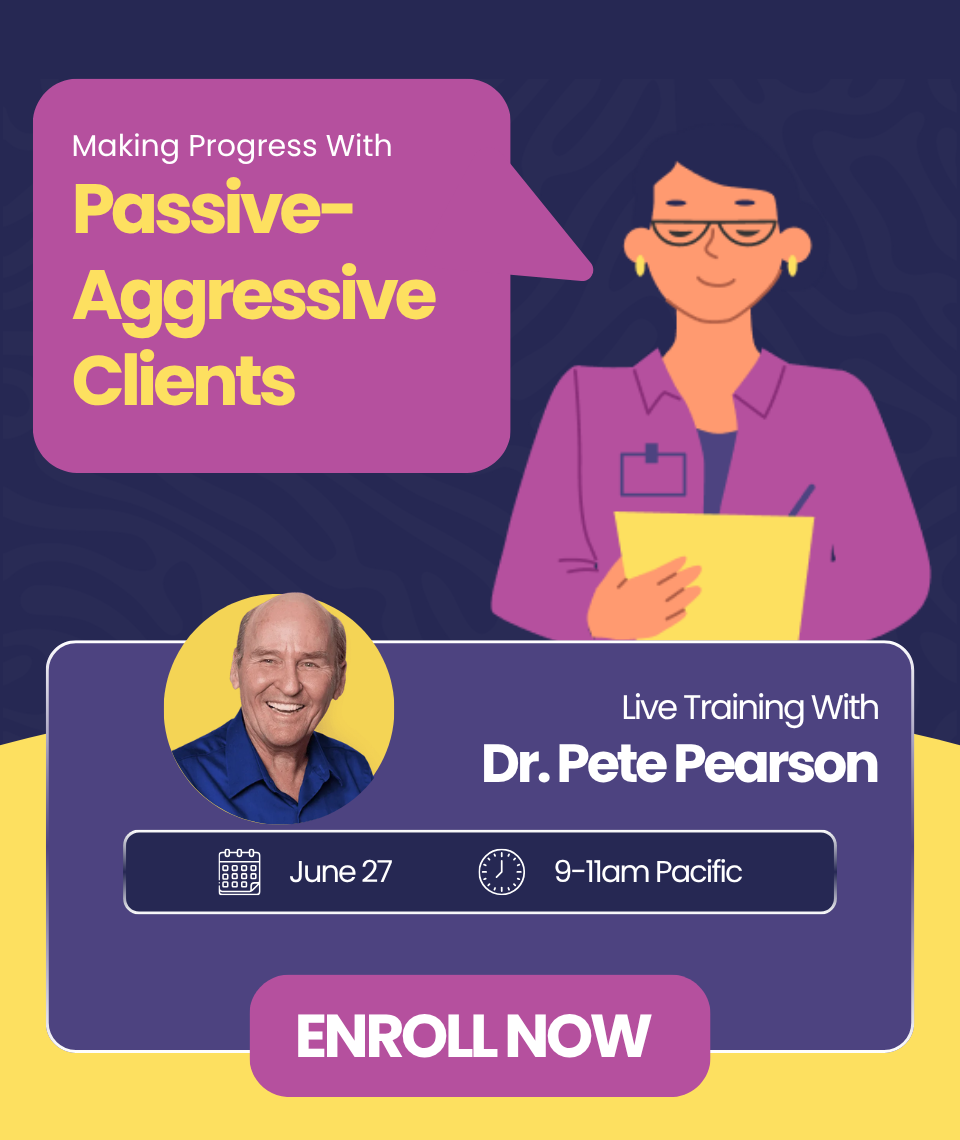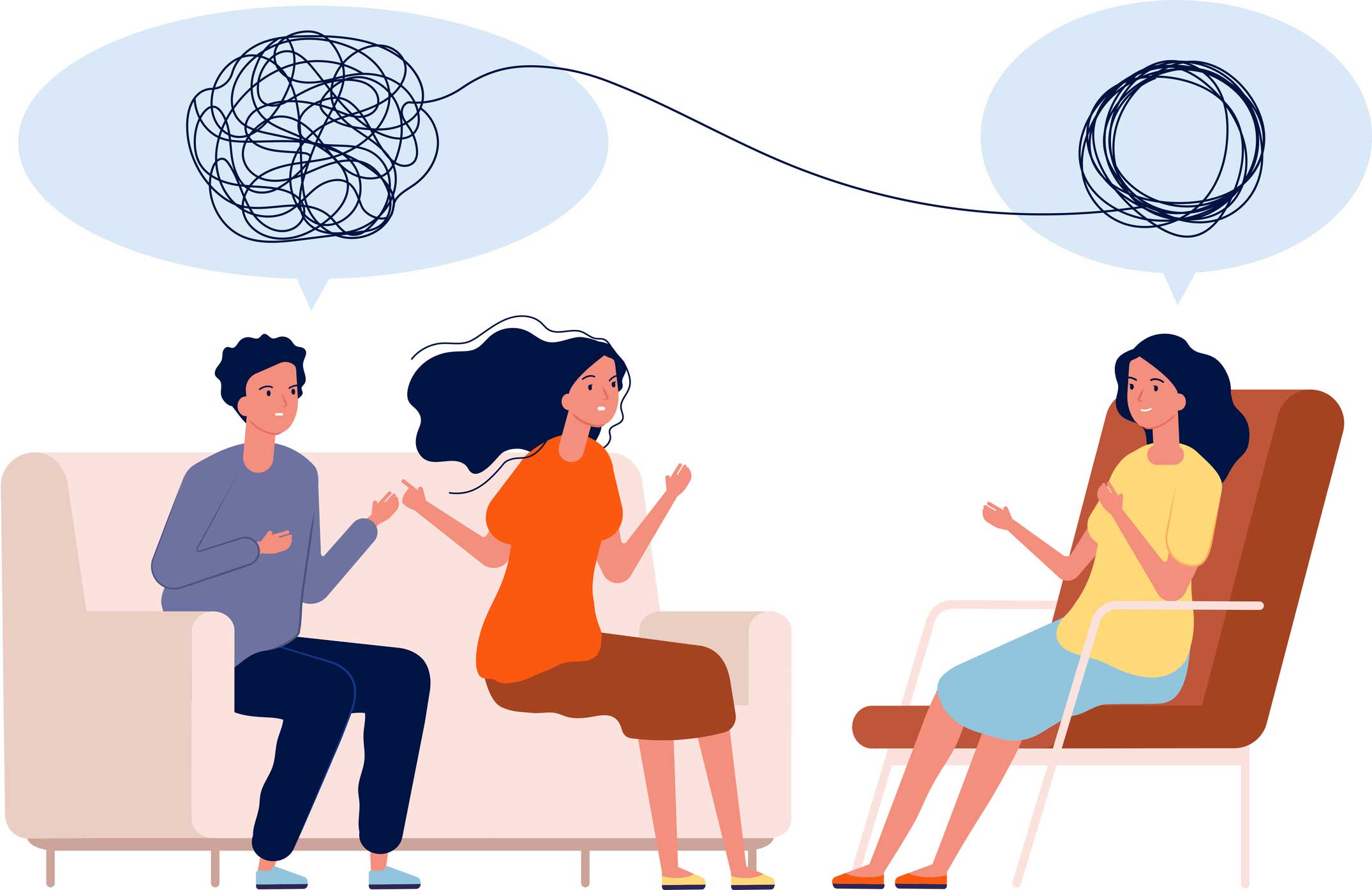By Helping Yourself or Getting Help From Other Colleagues
As another school year begins, I reflect on it as a time of beginnings and endings. For me, I have just lived through the joy, excitement and sadness of taking my daughter Molly to college. How exhilarating to see the sparkle in her eye as she met new kids, planned her schedule and contemplated living on her own. I loved the way she set one goal for herself. She said, “I've decided I want to be just like the people I admire, the ones who are friendly and extend themselves self-confidently in new situations.” And when I took her to her new campus for a day of registration, I watched proudly as she took the risks she had set for herself.
On the way home we talked about her being raised to take risks and she asked me how we had done that. We had a wonderful conversation about how Pete and I supported her directness and about how she has learned to be resilient.
Later that day I reflected on the fact that I would again be starting my consultation groups for another school year. And I realized how closely aligned my parenting has been with my philosophy of consultation. I believe consultation is very important even in the life of a seasoned professional and that effective psychotherapy training and couples therapy consultation is often about risk taking.
Each fall when my consultation groups begin, I ask participants to set goals for themselves for the year. I often ask them to assess themselves by being brutally honest about their ability on a variety of criteria that I believe make for strength and effectiveness as a couples therapist. I am including some of these here for you to assess yourself.
Couples Therapist Self Assessment
Please rate your own strength on a continuum from very strong to very weak.
Getting Started with Couples:
– Are you strong and self confident on the telephone?
– Are you able to assess the couple's developmental stage in the first or second session and use it in your interventions?
– How strong is your ability to help partners set self-motivated goals?
– Are you able to identify and uncover limiting beliefs that are inhibiting individual or couple development?
Changing the Couple's Interpersonal Process:
– Do you have a clearly articulated way to help partners change repetitive negative interactional sequences?
– How strong is your ability to direct angry, hostile fighting in the heat of the moment?
– Are you able to build positive attachment patterns?
Working with Intrapsychic Issues:
– How strong is your ability to identify individual impasses?
– Do you recognize repetitive transferential interactions?
– How strong is your ability to confront passivity and regression?
We use these and other criteria for participants to set goals about the new strengths they would like to acquire during the year…and then consultation focuses on risking in new areas. Participants role play difficult cases and bring in their own cases via audio, video or transcript. We work towards therapists thinking more clearly, feeling calmer in highly charged sessions and especially in behaving in more direct ways with partners who are passive-aggressive, regressed or highly demanding. Often I will go through the highlights of one total session offering
alternative intervention strategies.
In a supportive environment, participants continually take risks to push their own skills to new levels.
What if you are not in a consultation group? How can you use these ideas to further your own skills?
1. First, be brutally honest in your own self-assessment.
Consider your overall skills. Also, assess yourself at the end of challenging sessions and at the end of very positive sessions. In both cases, ask yourself what you did well and what you could have improved. When you have had a particularly difficult session, ask yourself what went wrong. Then, plan to begin the next session with that couple with a statement about what you wish you had done differently the week before. For example, “Last week I don't think I was clear enough about whose issue we were addressing. The interaction became too intense and too competitive. This week instead of jumping in too fast, I'd like to clarify which one of you we are addressing.” Whether you actually use the statement with the couple or not will not be as important as your clarity with yourself and the self-training you are doing.
2. Ask a friend or colleague to be a resource for you. Arrange periodic case consultation discussions. Every few months, tell your friend what area of your own development as a therapist is most important to you. Then, have a portion of each discussion include how you see yourself improving and where you still feel stuck.
3. Arrange with a few colleagues to do periodic group consultation. Consider including role playing of difficult interactions as part of the group consultation process. Select colleagues whom you believe have different strengths from yours. It's enlightening to take turns role playing as therapist with a challenging couple. It really helps to see and hear what other professionals do!
Whatever you do, make the coming year one of growth for yourself. Like Molly, make it a time to internalize the skills of those folks, or in this case, practitioners, you admire.

 We respect your privacy.
We respect your privacy.



